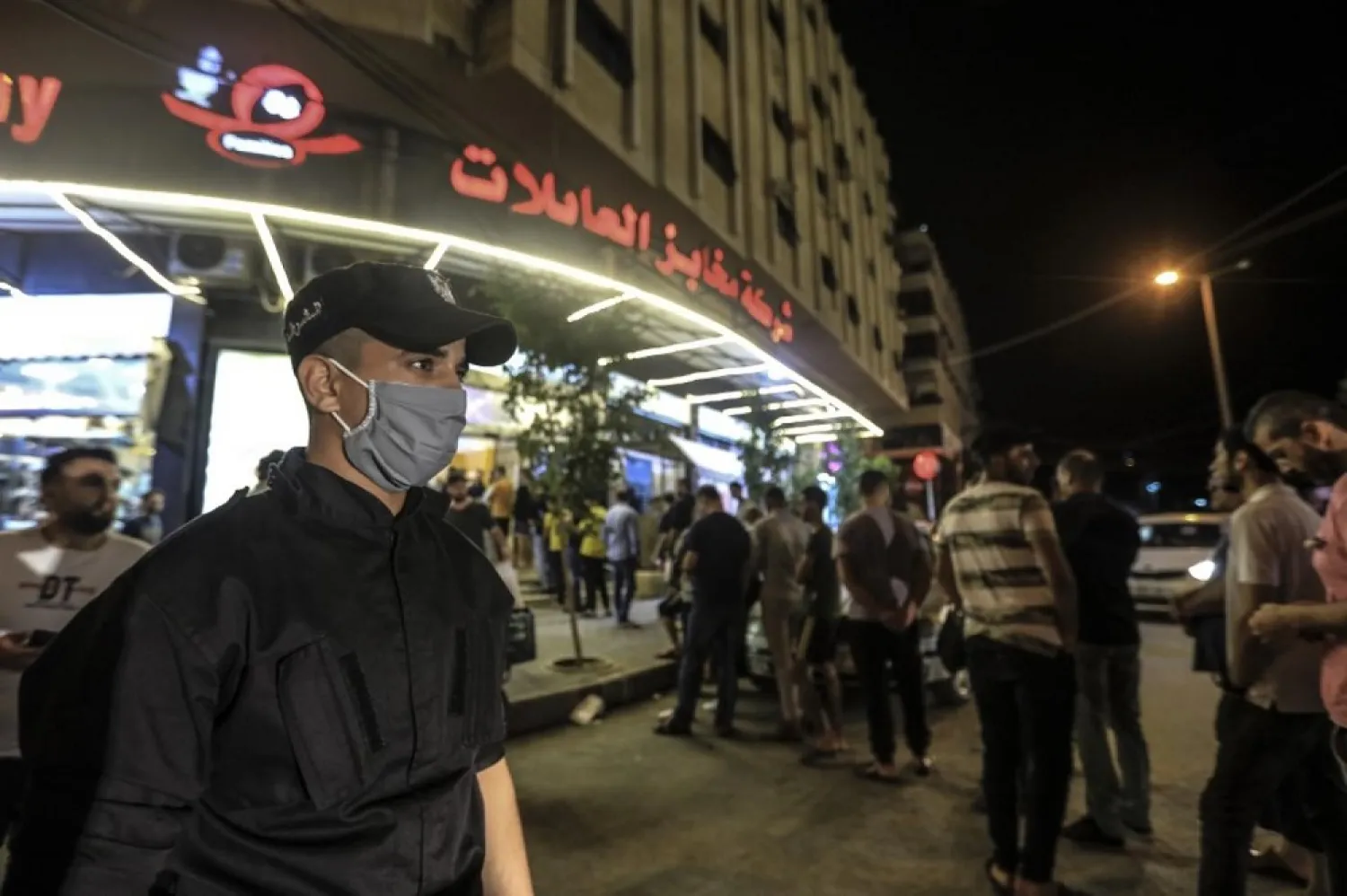A 61-year-old man has died in the Gaza Strip after contracting the coronavirus, Palestinian authorities said on Wednesday as they clamped down on an outbreak of the pandemic in the enclave.
The man had suffered previous illnesses and had been on a respirator, the Health Ministry said. It was the first death among the general population since an infected woman died at a quarantine center in March.
Health officials said nine more cases were discovered on Wednesday. Six of them were in the isolated Maghazi refugee camp where a first four cases had been confirmed on Monday, prompting Gaza’s Hamas authorities to impose a full lockdown.
The three other cases were in northern Gaza Strip, indicating the virus has begun to spread into different areas of the enclave of two million people.
The outbreak outside Maghazi remains slow but it cemented concerns by local and international health organizations over the territory’s potentially disastrous combination of poverty, densely populated refugee camps and limited hospital capacity.
With local authorities maintaining a lockdown in all cities, people were instructed to stay home at all times and to wear face masks if, in cases of extreme necessity, they had to go out.
The United Nations Relief and Works Agency UNRWA, which helps over half of Gaza’s population, said it was looking into alternative plans to continue health, education and food services to beneficiaries should the lockdown be extended.
Adnan Abu Hasna, UNRWA spokesman in Gaza, said clinics remained open but physical presence was prohibited, instead staffers were providing medical consultation over the phone and some medication was delivered to patients at home.
“We are in constant consultation with the health ministry and we are also in discussion over the implementation of our own alternative plans in order to ensure the continuation of delivering services to refugees,” Abu Hasna said.
Monday’s cases were uncovered after a woman traveled to the Israeli-occupied West Bank, where she tested positive, the Gaza Health Ministry said. A ministry spokesman urged everyone who might have visited a supermarket outside a hospital in central Gaza to quarantine themselves and report to medics immediately.









